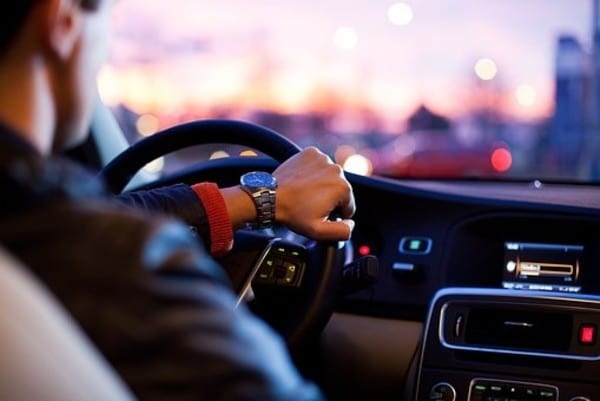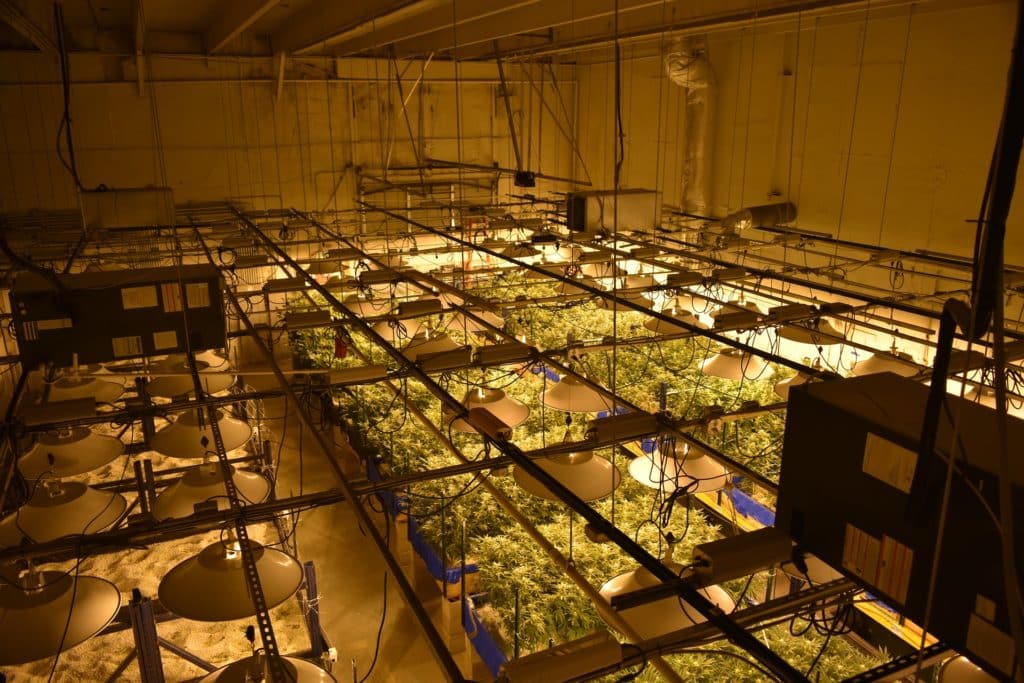
In an effort to better understand how cannabis use impacts traffic safety, the University of Southern California San Diego’s Center for Medicinal Cannabis Research (CMCR) is partnering with the California Highway Patrol in a study to determine how soon one can safely drive after smoking weed.
If a person consumes cannabis in the morning, how long does their high last? At what point is a person no longer under the influence?
Researchers are examining these questions because traffic safety continues to be a priority in states with legal recreational cannabis, says Tom Marcotte, co-director of UC San Diego’s CMCR.
“They really want to get the impaired driver off the road and not just someone who has THC in their blood,” said Marcotte. “Studies like ours can give people a better idea of how long they should wait before they drive. If you smoked this morning are you impaired throughout the day? Are you impaired for a couple of hours? Or are you not impaired? We’re trying to answer that.”
The study, involving 180 volunteers, will also analyze how stoned drivers react to common road challenges, like making a left turn against traffic or deciding whether to brake or roll through a yellow light.
Marcotte says stoned drivers often struggle with certaim common driving tasks. Swerving and braking seem to be particularly affected.
Determining if someone is impaired from cannabis is more complicated than alcohol, Marcotte says, in that habitual cannabis users can have THC in their system and not be impaired.
How does it work?
Following the initial visit, participants return to take a few test-drives in a simulator. Participants are given joints, rolled on site, with varying THC concentrations – or none at all.
The subjects then complete a battery of tests, which include driving simulations, digital performance assessments, field sobriety tests, and fluid tests.
In the performance assessment tests, participants complete tasks on iPads relating to motor control, attention, and memory.
CMCR researchers are paying participants $50 for the initial appointment and $180 when they come back for their full day assessment.




